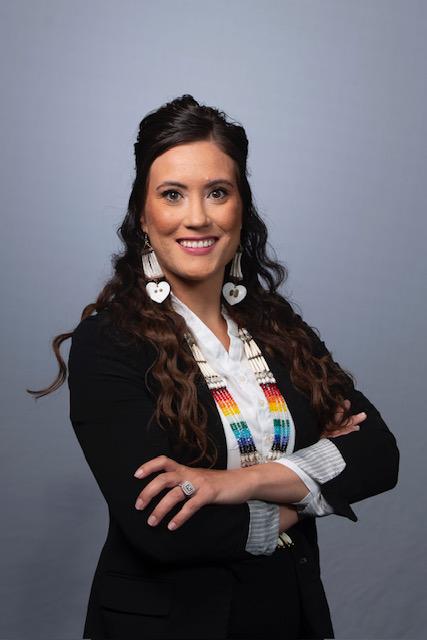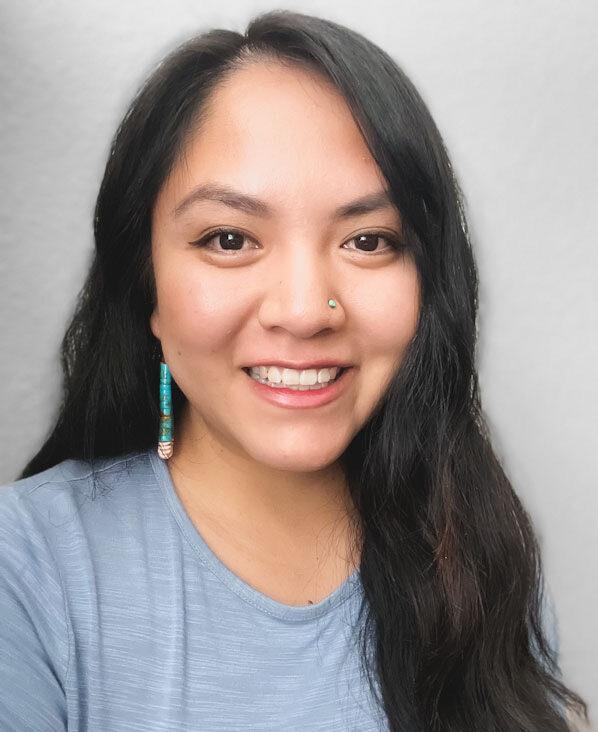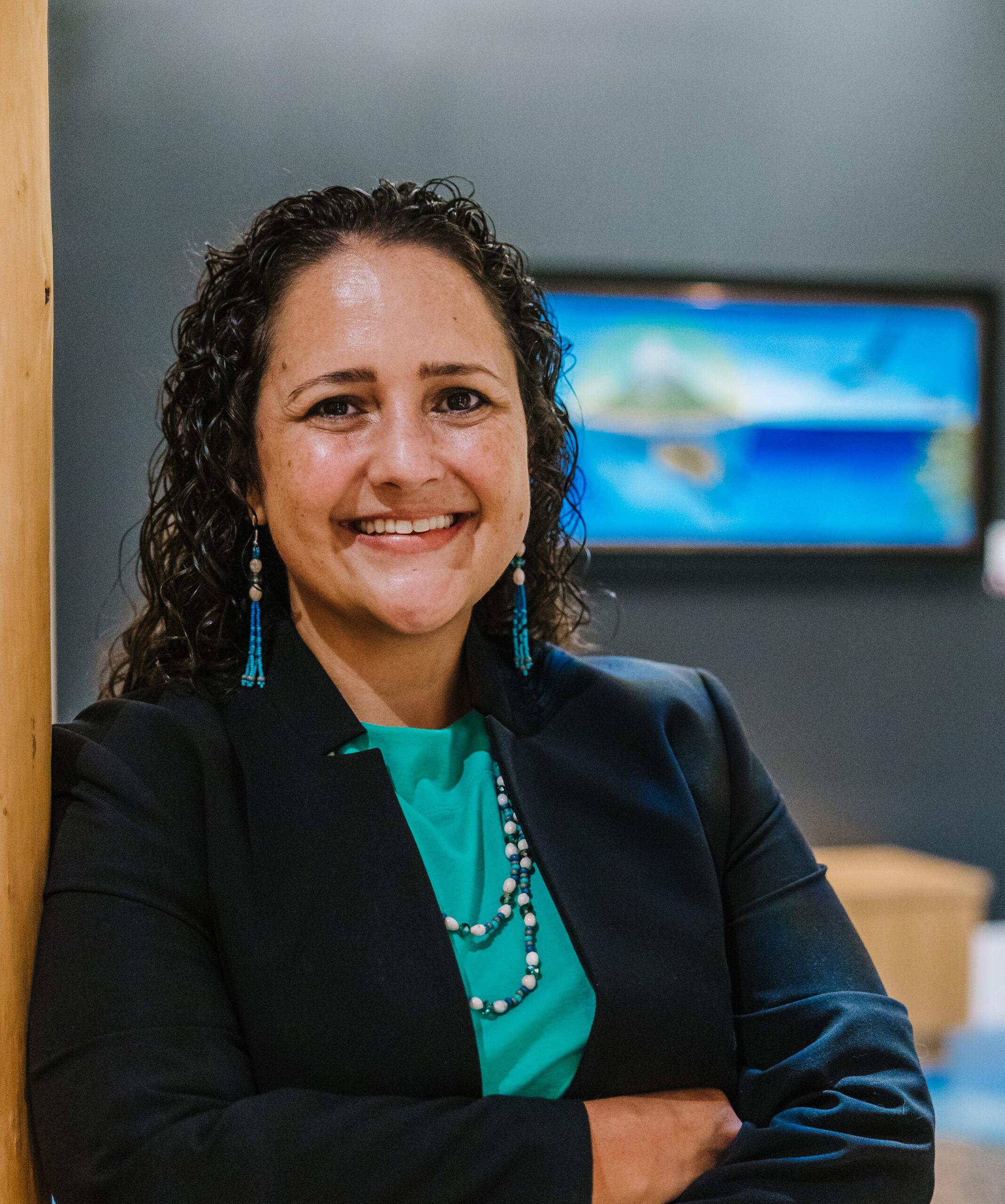Native American families experience some of the highest rates of maternal and infant mortality relative to non-Hispanic White women. These health disparities are driven by health inequities that result in limited access to high-quality health care and high rates of chronic conditions such as diabetes and hypertension. In the perinatal period, these systemic issues create significant barriers for receiving timely and culturally appropriate maternal health care and supporting the health and well-being of Native American families.
Culturally relevant health care may represent one key to improving outcomes for Native American families by ensuring that their unique cultural practices and values are respected throughout the perinatal period. For example, childbirth is held in high regard within Native American cultures, and deep-rooted traditions honor the spiritual and cultural significance of bringing new life into the world. These traditions emphasize the role of the community and the spiritual connection to the land, ancestors, and cultural practices in the birthing process, underscoring the need for health care approaches that respect and integrate cultural values and traditions.
Below are 5 ways that health care providers and programs that train clinicians and other health care professionals can facilitate the delivery of culturally relevant care to promote Native American maternal health and well-being. Applying these strategies can support maternal and infant health and well-being in Native communities, ensuring that care is provided in ways that respect the cultural significance of childbirth and address the systemic challenges that Native American families and communities face.
1Learn about and respect cultural beliefs and practices.
Health care providers should be knowledgeable about and show respect for the cultural beliefs, practices, and values of the communities they serve. When serving Native American patients, this includes understanding traditional healing practices, spiritual beliefs, and the cultural significance of health-related customs and protocols. Respecting cultural differences builds trust and improves patient-provider relationships. For Native American families and communities, respecting cultural practices in the perinatal period may include making accommodations for families to keep the placenta or have other family involved in the birthing experience.
2Use effective communication.
Clear and respectful communication between patient and provider is essential in providing high-quality health care. Providers should not only use trauma-informed language when relevant, but also have an understanding of cultural nuances in communication styles. Using culturally appropriate language and addressing potential language barriers can prevent misunderstandings and ensure that patients fully understand their care options. Providers should also understand nonverbal communication styles and cultural nuances that may affect patient-provider interactions. Recognizing the health literacy of the population being served—along with Native languages and common phrases and terminology (e.g., in Native languages and in English)—is also important for providing culturally appropriate maternal care in Native American communities.
3Leverage involvement from and collaboration with the community.
Engaging communities to understand their specific health needs and priorities is a key component of culturally relevant health care. By partnering with community members, traditional healers, and Tribal leaders and programs, providers can tailor health care services to better meet the community’s cultural and health needs, while also empowering the community to actively participate in shaping health care solutions. This action may include the use of doulas, community health workers, and midwives to support families during the perinatal period, as care provided by these types of providers may be more aligned with traditional Native American birthing practices.
4Increase workforce diversity and training.
A diverse health care workforce that includes members of the communities served can enhance the cultural relevance of care by bringing different perspectives and experiences into the health care environment. Ongoing training for all health care staff on culturally relevant care, racism, and the social determinants of health can further ensure that providers deliver equitable and culturally sensitive care. Recent data on the racial/ethnic composition of the health care workforce indicate that only an estimated 0.4 percent of physicians and 0.4 percent of nurses nationally identified as Native American. Several Tribal Colleges and Universities offer nursing programs, providing an important community-based opportunity to directly train students and others to deliver culturally relevant maternal health care.
0.4% of physicians and nurses in the United States identify as Native American
5Integrate holistic and patient-centered care.
Culturally responsive health care recognizes the importance of holistic approaches that consider patients’ physical, mental, emotional, and spiritual well-being. It also emphasizes patient-centered care, where patients are treated as partners in their health care decisions. This approach respects individual preferences and cultural contexts in care planning, leading to more personalized and effective service delivery. This holistic approach aligns with many Native cultural worldviews that conceptualize health as interconnected with all aspects of life. For example, a holistic approach to providing culturally responsive maternal health care to Native American families and communities might include providers and families smudging during the birthing process (i.e., burning traditional medicine, such as sage, as part of a ceremony).
Suggested citation
Pourier, J., Yamane, C.Y.E.W., Jake, L., & Around Him, D. (2024). 5 ways to support Native American maternal and infant health. Child Trends. DOI: 10.56417/4765q5252u

WANT MORE INFORMATION ON CHILD TRENDS' RESEARCH?
Sign up now
© Copyright 2025 ChildTrendsPrivacy Statement
Newsletter SignupLinkedInYouTubeBlueskyInstagram



